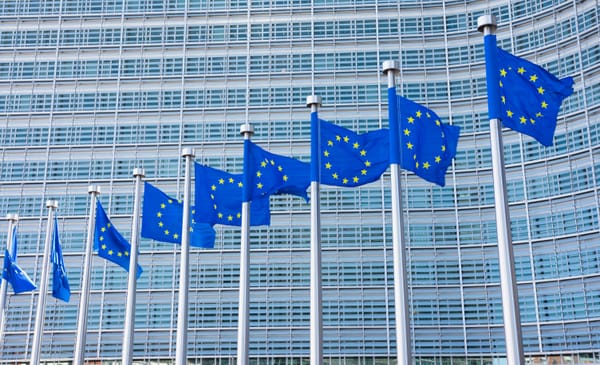Recent struggles over populism in Europe have typically been described as a contest between the tolerant, forward-looking cosmopolitanism of the European Union and resurgent retrograde nationalisms, dangerously reminiscent of the Continent’s dark 20th-century history. Choose European unity, we are warned, or revert to fascist barbarism. This narrative took hold during the Brexit referendum in Britain, and versions of it have resurfaced during various elections that have pitted Europhile liberals against right-wing Eurosceptics. Most recently, it framed former European Council President Donald Tusk’s victory over the right-wing nationalist Law and Justice party in Poland.
However, this narrative hasn’t gone unchallenged. Not long ago, Law and Justice leader Jarosław Kaczyński turned the standard historical analogy on its head, asserting that it was Germany that was attempting to establish a “Fourth Reich” via the European Union. In this, he echoed earlier critics of the bloc. For instance, when he took office in 2015, left-wing Greek Prime Minister Alexei Tsipras laid a wreath on a memorial for Greek resistance fighters killed during World War II, symbolically linking their struggle against Nazi occupation to his own fight against EU-imposed economic austerity. And, of course, Vladimir Putin has compared the European nations supporting his nemesis Ukraine with the Nazis, claiming both are expressions of a Western “ideology of superiority.”
Taken at face value, it seems absurd to compare the European Union—officially founded on values such as human dignity, freedom, equality, and peace—to the chauvinistic, racist, and militaristic Nazi and fascist regimes of the previous century. Indeed, it is commonly believed that modern European federalist thought has its origins in the anti-fascist resistance, and was conceived of as an antidote to the ultra-nationalism that had given rise to the horrors of Nazi rule. But the reality is less edifying. Comparisons of the European Union to Nazi Germany are no doubt extreme, but there is a kernel of truth to them that is obscured when contemporary advocates of national sovereignty are tarred as fascists.
The ideology of European unification, usually associated with the Italian anti-fascist Altiero Spinelli, predates World War II—and has more in common with the fascist vision that led to that conflict than is typically acknowledged. As the English historian John Laughland wrote in his 1997 book, The Tainted Source: The Undemocratic Origins of the European Idea,
